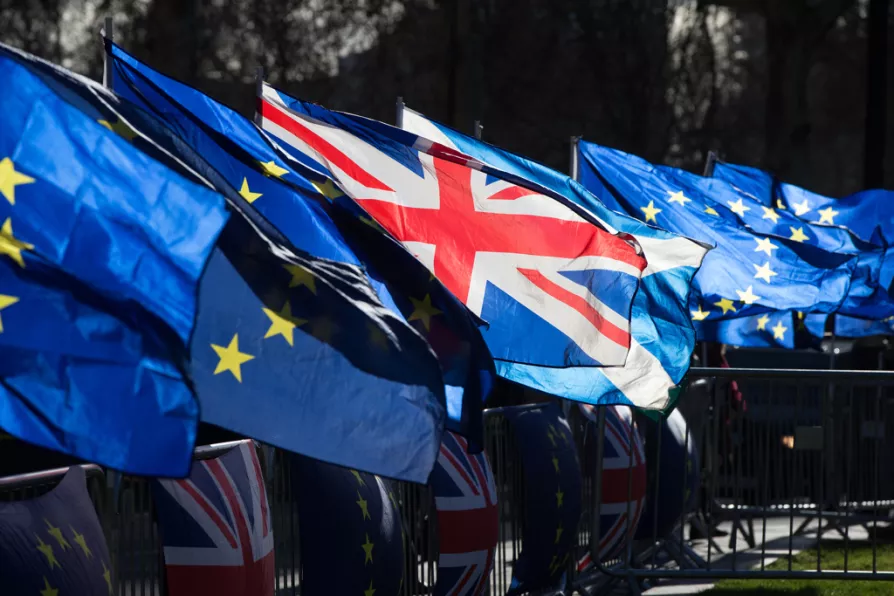As tens of thousands return to the streets for the first national Palestine march of 2026, this movement refuses to be sidelined or silenced, says PETER LEARY
Greater fragmentation, a weaker centre and polarisation – what produced the new European Parliament?
With notable exceptions, the left did badly in the EU elections. Why? There are no easy answers, writes KEVIN OVENDEN


THE European elections confirmed the crisis of the European political systems. It predates the 2008 crash but was accelerated by it.
There isn’t a single “European electorate” but an agglomeration of 28 national political realities. The European Parliament lacks anything like the power of national legislatures.
That’s why though turnout was up in 20 countries and hit a 20-year high, it still fell far short (with most working-class voters abstaining) of a national election — except in Belgium where there was a general election.
Similar stories

The desperate French president keeps running up the same political cul-de-sac. DENNIS BROE offers an explanation

In the recent federal elections the far-right AfD was able to reach sections of the working class on issues over which the left is divided and unable to articulate a coherent position, a situation that is replicated in a number of other European countries, argues NICK WRIGHT












